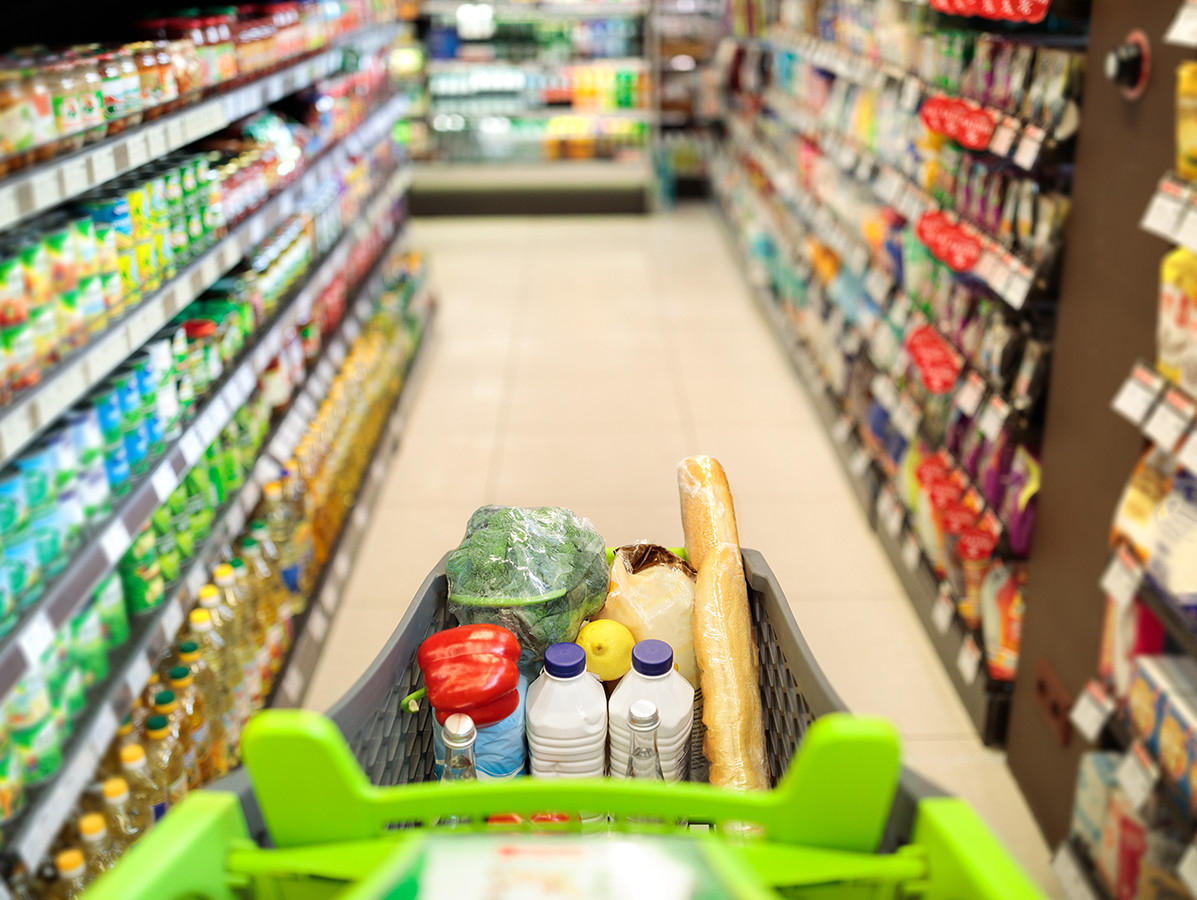
Although food security in the Netherlands is not immune to disruptions, it can certainly be qualified as robust. However, food security is also about access to food and the way in which it contributes to a healthy lifestyle. Examined from this perspective, the image we obtain is not as rosy as we would expect, according to Wageningen University & Research.
On the one hand, hundreds of thousands of households in the Netherlands have inadequate access to sufficient and healthy food and, on the other hand, half the Dutch population is currently struggling with overweight because food is so abundantly available to them.
A few decades ago, food security was primarily defined as the availability of food. However, the emphasis has gradually shifted in the course of time to access to food, which is mainly determined through purchasing power. Also, the definition of food security has expanded to the ability to secure sufficient, safe and nutritious food that enables an active and healthy life.
The system relied on by supermarkets for the supply of food is sensitive to short-term disruption in the event of a distribution centre failure. The strategic maintenance of stocks in shops is limited thanks to an efficient logistics system with regard to the distribution of food. A disruption can result in costs (due to spoilage) and can lead to empty shelves. The consequences will mainly be noticeable with regard to fresh products, which are supplied on a daily basis and of which only small-scale stocks are retained at the shops. However, in the event of a blockade at the distribution centre of a certain retail chain, there are usually sufficient alternatives available to households.
In the Netherlands, food security is not only – or particularly – an issue deserving of attention due to an imminent shortage of food; an excess of food may perhaps be an even greater problem. The abundant supply of food facilitates over-consumption, which contributes to overweight and obesity. The average dietary habits of the Dutch population do not take heed of the applicable recommendations advocating moderation and variation. We generally eat too much of what we should eat less of and too little of what we should eat more of.
Read the publication: ‘Kijk op voedselzekerheid: eerste antwoorden op enkele vragen’(Dutch only)
wur.nl
Source: Wageningen University & Research